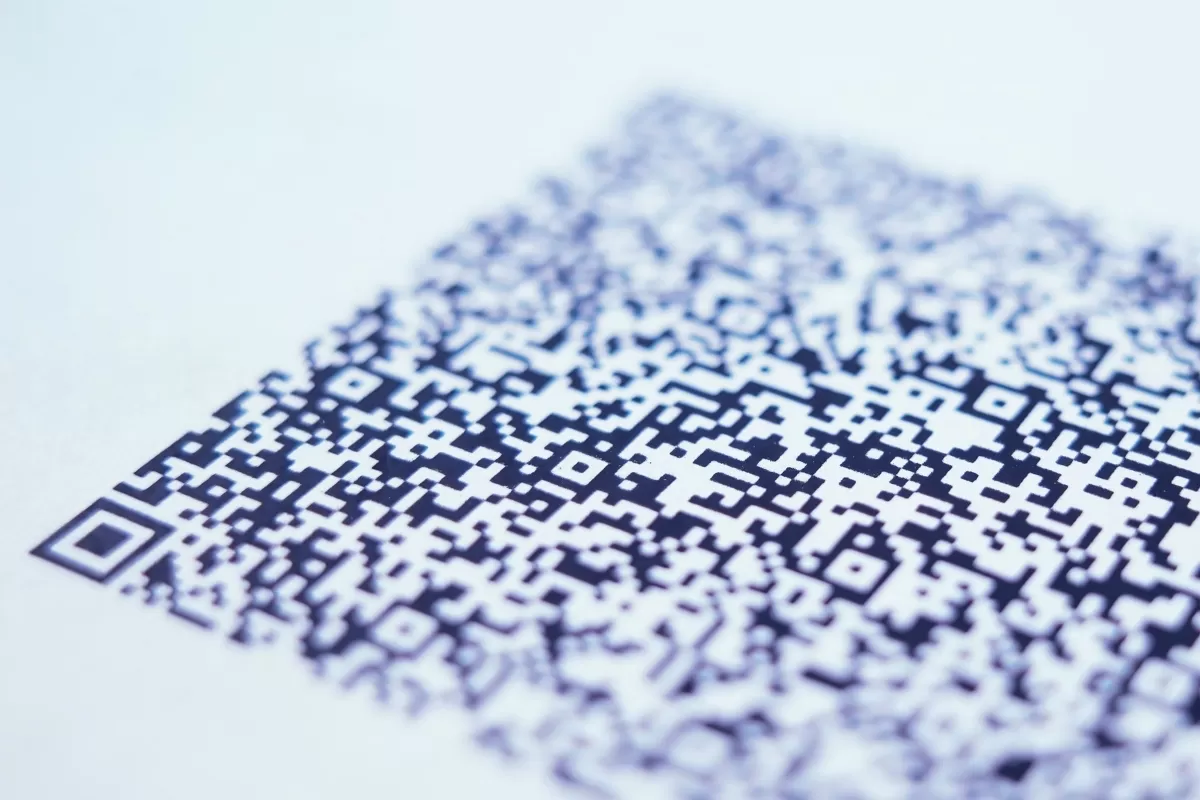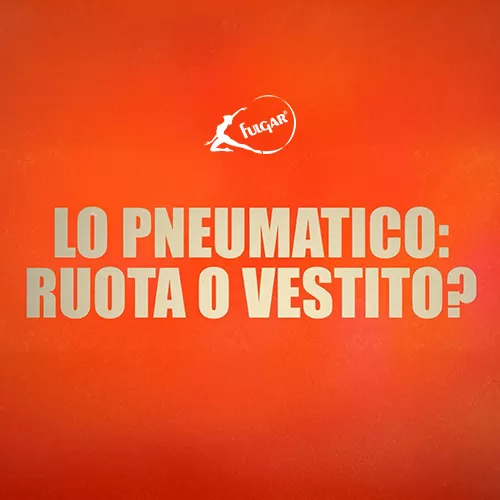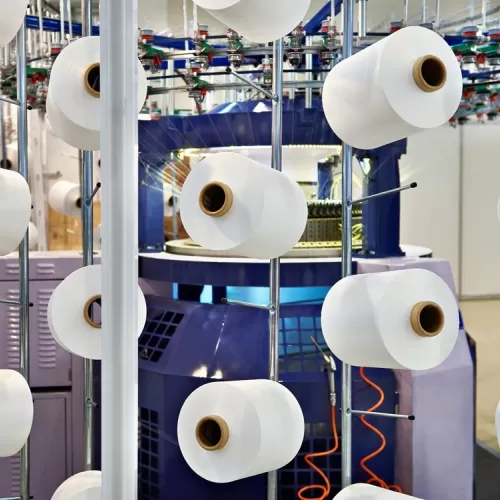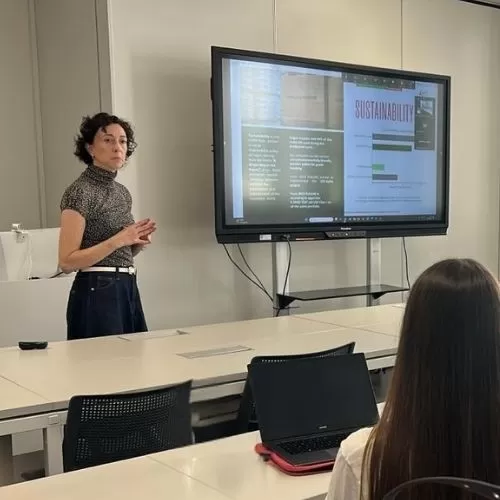27 Oct 2025
Textile traceability: ensuring transparency across the yarn supply chain
Why textile traceability is essential in today’s industry
In the global textile industry, traceability has become one of the most critical factors driving sustainability and business trust. Being able to track the origin and movement of materials throughout every stage of the supply chain allows manufacturers to guarantee higher quality standards and meet the growing demand for transparency from brands and consumers alike.
For B2B companies, traceability in the textile industry builds credibility, strengthens long-term partnerships, and demonstrates a real commitment to sustainable and certified production practices. Moreover, material traceability is key for compliance with stricter environmental and social regulations—such as the European Corporate Sustainability Reporting Directive (CSRD) and due diligence standards—ensuring that every stage of textile manufacturing is documented and verifiable.
The main challenges of material traceability in manufacturing
Achieving full material traceability in manufacturing, especially in the textile sector, is not easy. Industry players face both technical and organizational challenges linked to data management and global supply chain complexity.
Some of the main pain points include:
- Fragmented supply chains: textile production often involves suppliers spread across multiple countries, each with different standards and practices.
- Lack of global standards: without shared traceability frameworks, it becomes difficult to collect, compare, and verify data across the entire textile value chain.
- Information loss or fragmentation: data can easily get lost between production stages, increasing the risk of misinformation or greenwashing.
- High costs and technological barriers: implementing digital traceability tools requires investment and expertise, which can be challenging for smaller manufacturers.
Recognizing these challenges is the first step toward innovation. That’s why the textile industry is turning to technologies such as blockchain and RFID, which are reshaping the future of textile traceability.
Innovative technologies and certifications for transparent textile supply chains
Emerging digital technologies are revolutionizing how companies manage textile traceability and build trusted connections between suppliers, producers, and brands.
Tools like blockchain systems and RFID tags make it possible to track yarns and materials securely and verify the authenticity of data related to origin, production and logistics. These solutions go beyond simple tracking—they enable real-time monitoring of environmental impact, energy consumption, and working conditions.
At the same time, internationally recognized certifications such as ISCC Plus, GRS (Global Recycled Standard), and RCS (Recycled Claim Standard), promoted by Textile Exchange, play a decisive role in ensuring verified material traceability.
When integrated with digital platforms, these certifications validate the data collected across the supply chain, reinforcing credibility and creating a direct link between verified production data and the value communicated to business partners and consumers.
Additionally, new digital platforms now allow companies to share this verified data through QR codes or smart labels, giving brands and consumers direct access to product information.
This increased transparency not only strengthens trust but also helps companies reduce the risk of fraud, improve brand reputation, and stand out in a competitive, sustainability-driven market.
Q-CYCLE and Q-NOVA: Fulgar’s traceable and certified yarns
Fulgar has developed two innovative projects to make its yarns fully traceable and sustainable: Q-CYCLE® and Q-NOVA®.
Q-CYCLE® is an advanced yarn produced through chemical recycling and certified by ISCC Plus and RCS, ensuring global textile traceability from raw material recovery to the finished product. As showcased in Fulgar’s dedicated insights, Q-CYCLE® allows every production stage to be monitored with verified, transparent data.
Meanwhile, Q-NOVA®, made using a mechanical recycling process, is GRS-certified by Textile Exchange, guaranteeing that recycled material content and material traceability meet the highest industry standards.
The GRS certification also includes social and environmental criteria, providing a holistic sustainability approach.
Through continuous Life Cycle Assessment (LCA) studies, Fulgar offers verified environmental data for both yarns—helping industrial partners measure and communicate their sustainability progress transparently and credibly.
Traceability as a strategic advantage in B2B textile manufacturing
Implementing material traceability in manufacturing is not just a sustainability requirement—it’s a strategic business advantage.
Textile companies that adopt digital traceability systems can deliver documented proof of compliance, enhance brand reputation and build stronger, more transparent partnerships.
In an increasingly demanding market, textile traceability has become a key differentiator that drives growth, builds investor confidence, and aligns with ESG expectations.
Looking ahead, traceability in the textile industry represents not only an ethical commitment but also a source of competitive value—opening new market opportunities and setting the foundation for long-term business success.
Want to make your supply chain more transparent and competitive? Discover Fulgar’s traceable yarn solutions and contact our team for more information.





